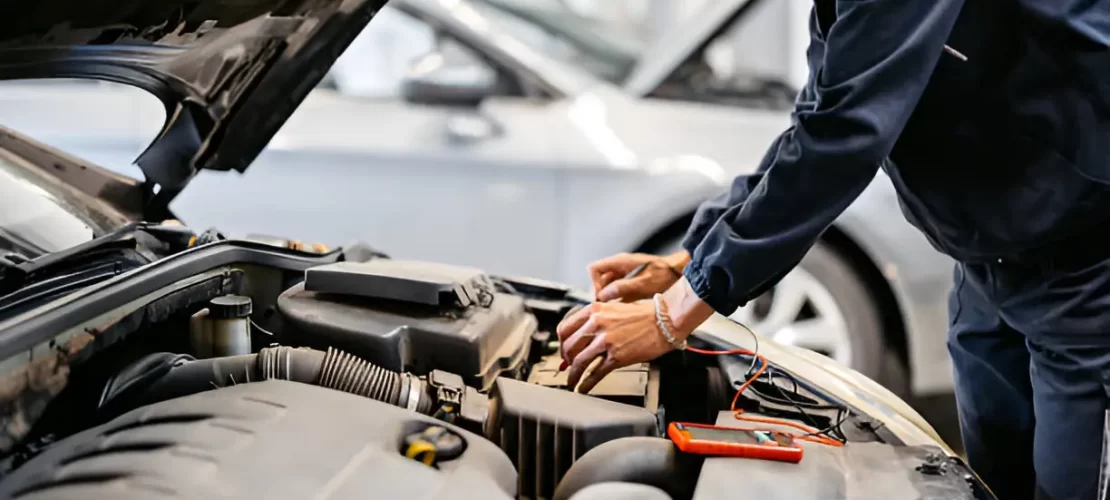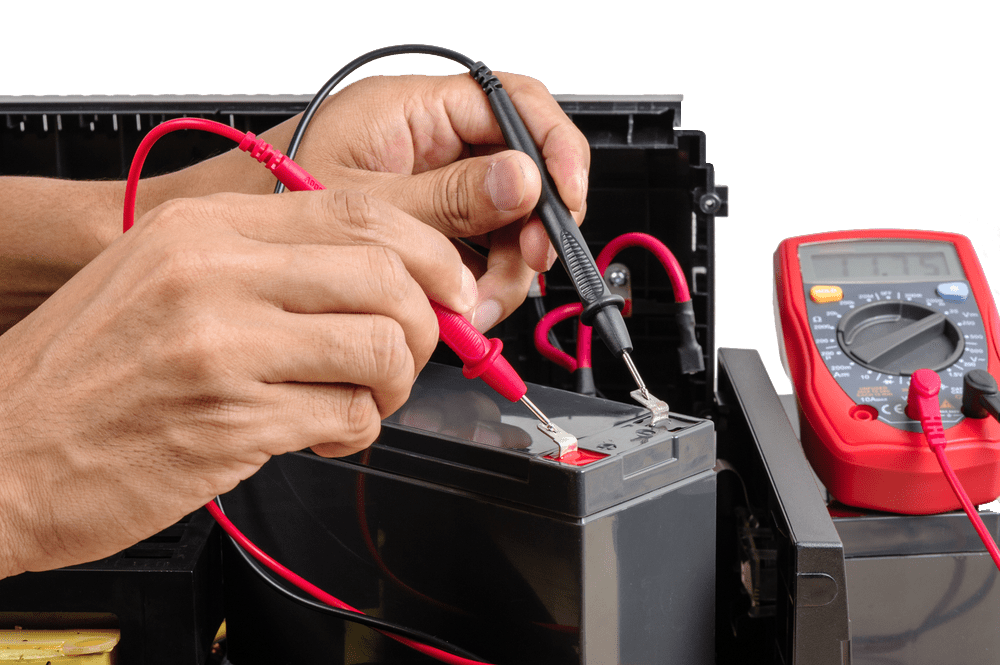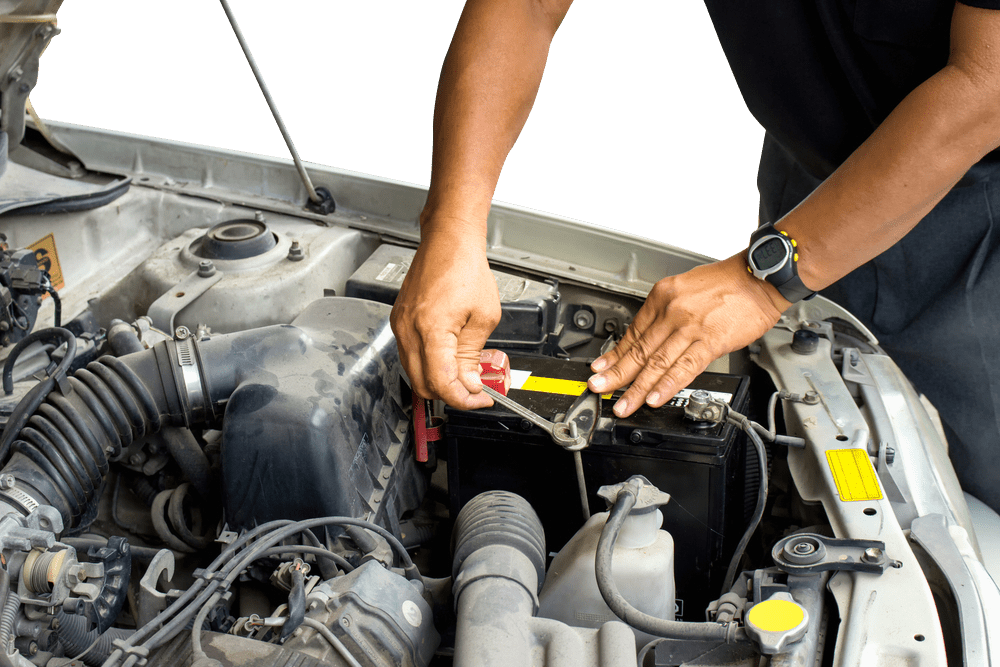- 20 Dec 2024
What are the safety points in car batteries?

When it comes to maintaining your vehicle, one of the most crucial yet often overlooked components is the car battery. A well-maintained battery ensures your car runs smoothly, powering everything from the ignition system to electrical accessories. However, like all car parts, batteries come with their own set of risks. Understanding the safety points in car batteries is essential not only for the longevity of your battery but also for ensuring personal safety and preventing damage to your vehicle.
In this guide, we will explore the most important safety points in car batteries, focusing on best practices and key precautions to take while handling, maintaining, and replacing your car battery. By adhering to these safety measures, car owners in Sydney and beyond can ensure that their batteries perform optimally while reducing the likelihood of accidents or malfunctions.
Why Safety Points in Car Batteries Matter
Car batteries are essential for powering the electrical systems in your vehicle. They are also potentially hazardous, as they contain sulfuric acid and release flammable gases, especially during charging. Mismanagement or improper handling can result in serious injuries, damage to the vehicle, or even battery failure. By understanding the safety points and implementing them effectively, you can protect both yourself and your vehicle from any potential harm.

Key Safety Points in Car Batteries
1. Wear Protective Gear
When working with car batteries, always wear appropriate protective gear. This includes gloves, safety glasses, and a long-sleeved shirt. The sulfuric acid inside the battery is highly corrosive and can cause severe skin burns and eye damage. Protective gloves will help shield you from accidental spills, and goggles will protect your eyes in case of splashes.
2. Handle the Battery with Care
Car batteries can be heavy and delicate. Dropping the battery or mishandling it could lead to damage. Ensure that when you’re carrying or installing a car battery, you do so carefully, lifting with both hands to prevent strain or injury. Additionally, avoid tilting the battery, as this can cause leaks or spills of sulfuric acid.
3. Work in a Well-Ventilated Area
It’s critical to perform any battery maintenance or replacement in a well-ventilated area. Car batteries emit hydrogen gas during the charging process, which is highly explosive. If the area isn’t properly ventilated, there’s a risk of gas accumulation that can lead to an explosion. If you are working inside a garage, make sure there is proper airflow or consider working outside.
4. Disconnect the Negative Terminal First
One of the most important safety measures when removing a car battery is to disconnect the negative terminal first. By doing so, you reduce the risk of creating a short circuit or an accidental spark, which can ignite hydrogen gas released from the battery. Always follow the correct order when disconnecting or reconnecting the terminals: negative terminal first and positive terminal last.
5. Avoid Smoking or Open Flames
As mentioned earlier, hydrogen gas is emitted during charging, and it is highly flammable. Never smoke or use open flames near the car battery. Even the smallest spark can cause an explosion if there is an accumulation of hydrogen gas. Ensure that the work environment is free from any ignition sources when handling car batteries.
6. Inspect for Leaks or Corrosion
Before installing a new car battery or handling an old one, inspect it for any signs of leakage or corrosion. Corrosion often forms around the terminals as a result of battery acid or overcharging. If you find any, use a solution of baking soda and water to clean it off. Ensure that the battery terminals are free of corrosion to guarantee proper connection and performance.
7. Always use the Correct Battery for your Car
Using the wrong battery type for your vehicle can lead to a variety of issues, including improper voltage output, malfunctioning electrical systems, or even damage to the battery. Always consult your vehicle’s owner’s manual to ensure you are purchasing the correct car battery for your car’s make and model. When in doubt, consult a professional battery supplier like South West Batteries for guidance.
8. Keep the Battery Secured in Its Compartment
The battery should always be properly secured in its compartment. If the battery is not firmly held in place, it can shift during driving, causing the terminals to loosen, leading to poor performance or even short circuits. In extreme cases, unsecured batteries can lead to acid spills. Always check the battery’s hold-down bracket and ensure it’s secure.
9. Dispose of old Batteries Properly
Car batteries contain toxic chemicals and heavy metals like lead that can be harmful to the environment if not disposed of correctly. Always recycle your old car batteries by taking them to a certified recycling centre. Many auto shops, including South West Batteries in Sydney, offer recycling services, ensuring that your old battery is disposed of in an environmentally friendly way.
10. Regular Maintenance and Inspection
Performing regular checks and maintenance can help you catch potential issues before they become major problems. Monitor your battery’s charge level, check for any signs of corrosion, and ensure that the connections are tight and clean. If you live in a region with extreme weather conditions like Sydney, where the heat can be harsh on batteries, this regular maintenance becomes even more crucial.
Common Issues with Car Batteries and how to Avoid them
While regular maintenance can extend the life of your car battery, sometimes issues arise that require professional attention. Let’s explore a few common problems with car batteries and how to avoid them.
Overcharging the Battery
Overcharging occurs when the battery is exposed to excessive voltage for too long, which can cause it to overheat and leak. To avoid overcharging, ensure that your vehicle’s charging system is functioning properly, and avoid leaving the car on charge for extended periods.
Undercharging the Battery
Undercharging can occur if the battery is not receiving enough power from the alternator, leading to insufficient charge. This can significantly reduce the battery’s performance and lifespan. If you notice your car struggling to start or the lights flickering, have your charging system checked by a professional.
Old Age
All car batteries eventually wear out. Typically, a car battery lasts 3 to 5 years, depending on factors like usage and climate. In regions like Sydney, where heat can accelerate wear, it’s important to replace the battery every few years, even if it appears to be functioning well.
Conclusion
Understanding the safety points in car batteries is crucial for ensuring both the longevity of the battery and the safety of those handling it. Whether you are maintaining your battery, installing a new one, or replacing an old one, following the proper safety procedures is essential. From wearing protective gear to handling the battery with care and disposing of it properly, each of these safety points contributes to a safer experience and a longer-lasting car battery.
Remember, regular inspections and following safety guidelines will ensure that your car battery stays in optimal condition. Whether you’re in Sydney or anywhere else, taking proper care of your battery can save you from costly repairs and inconvenient breakdowns.











